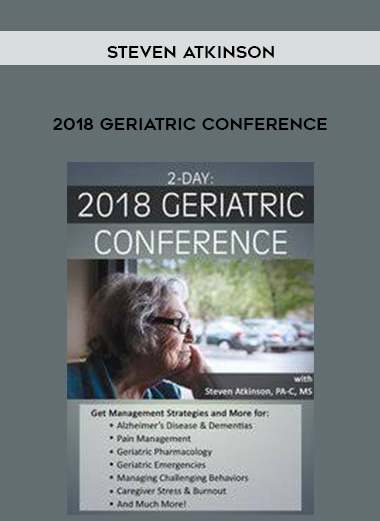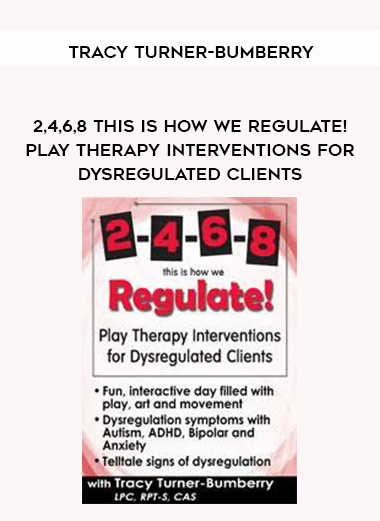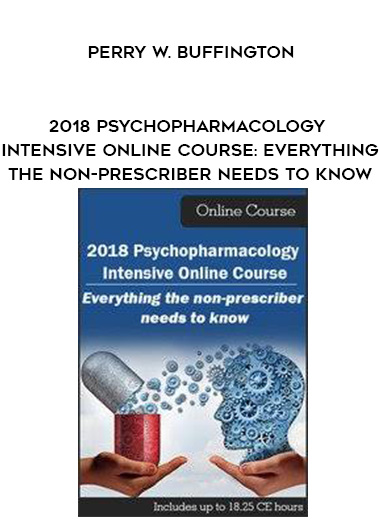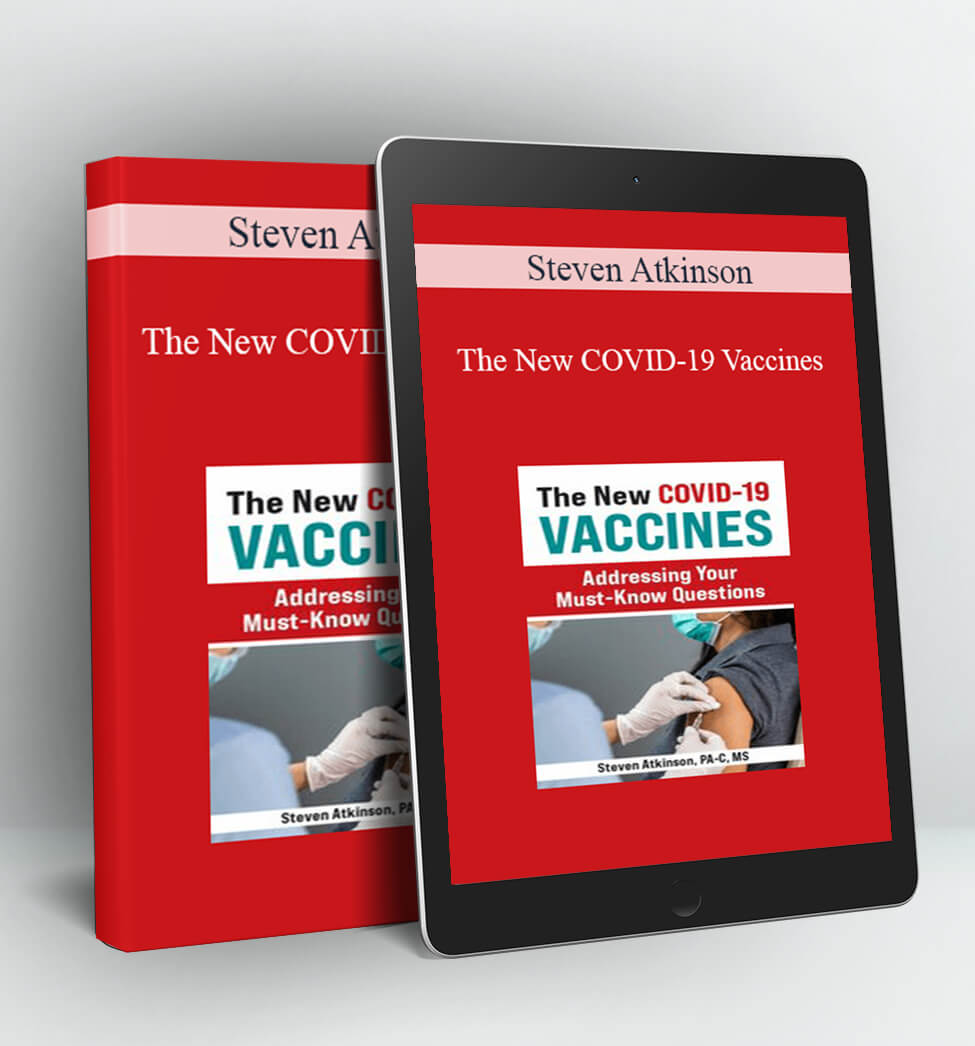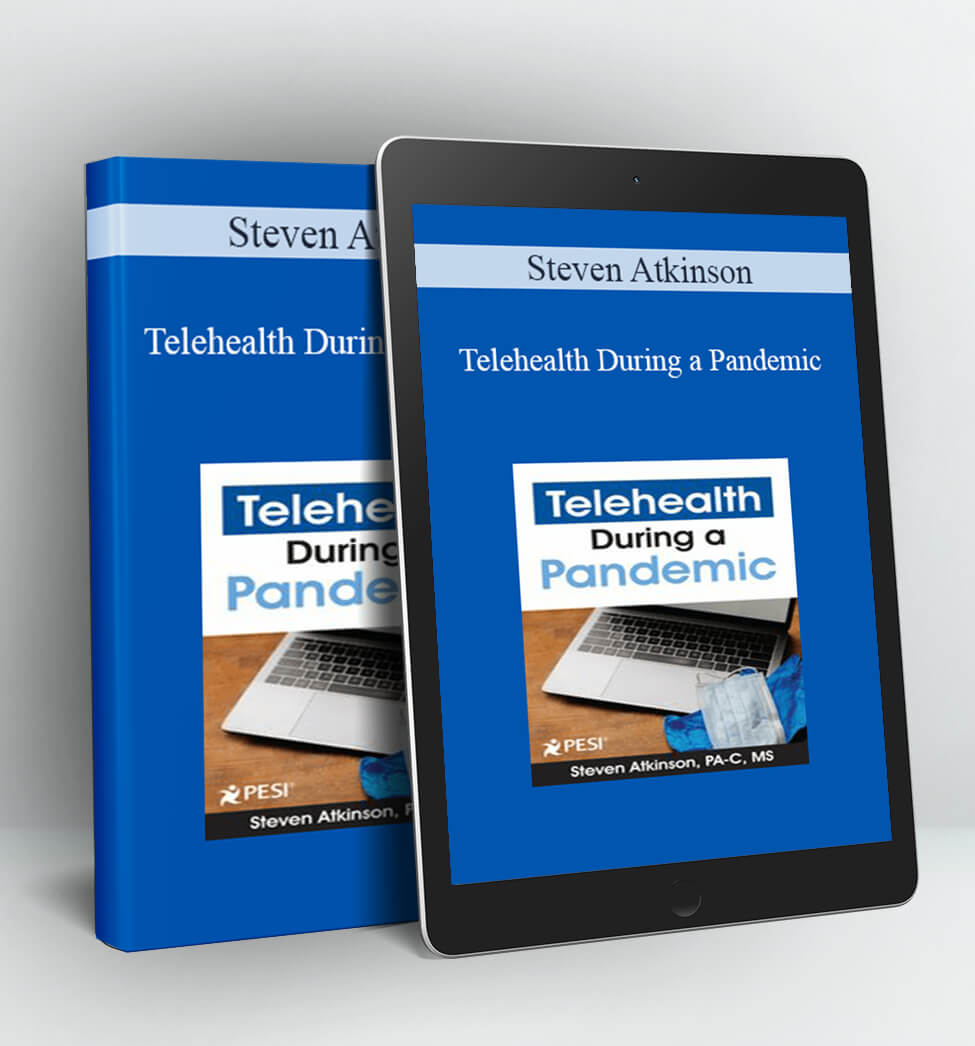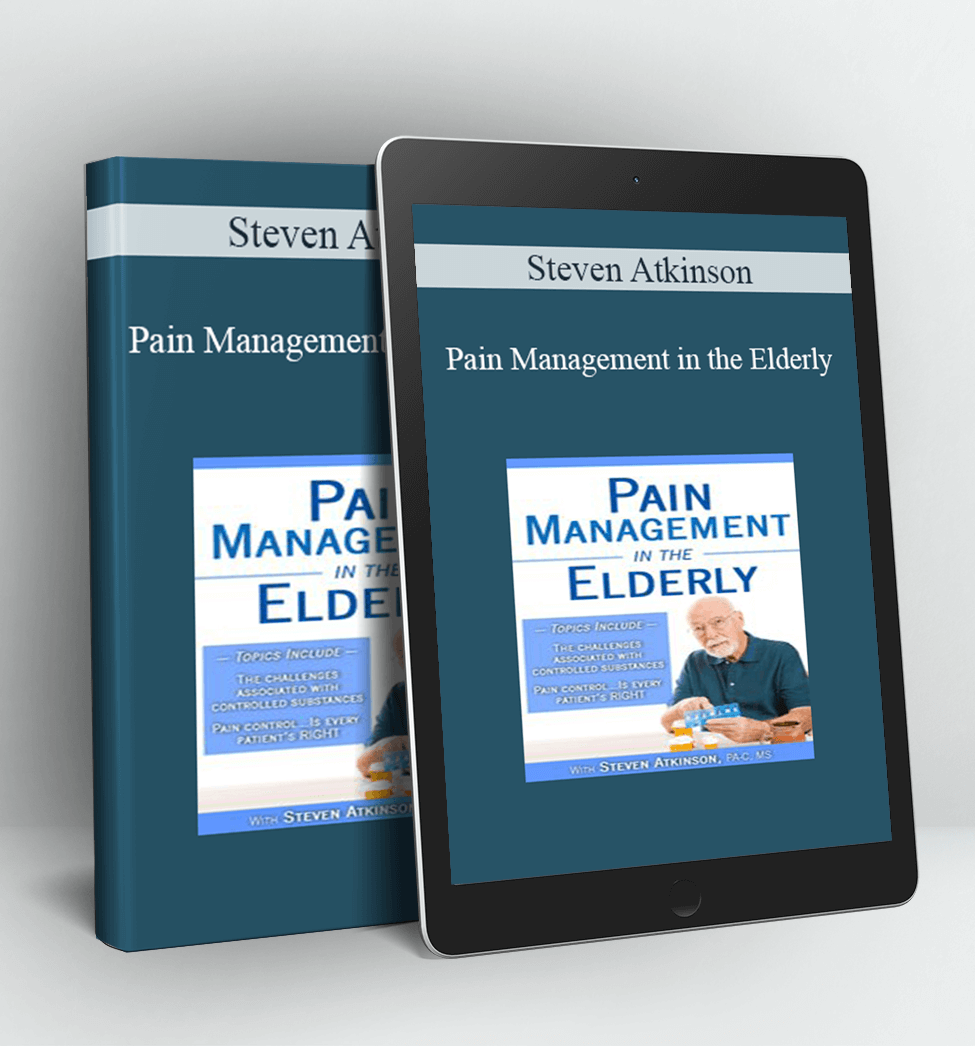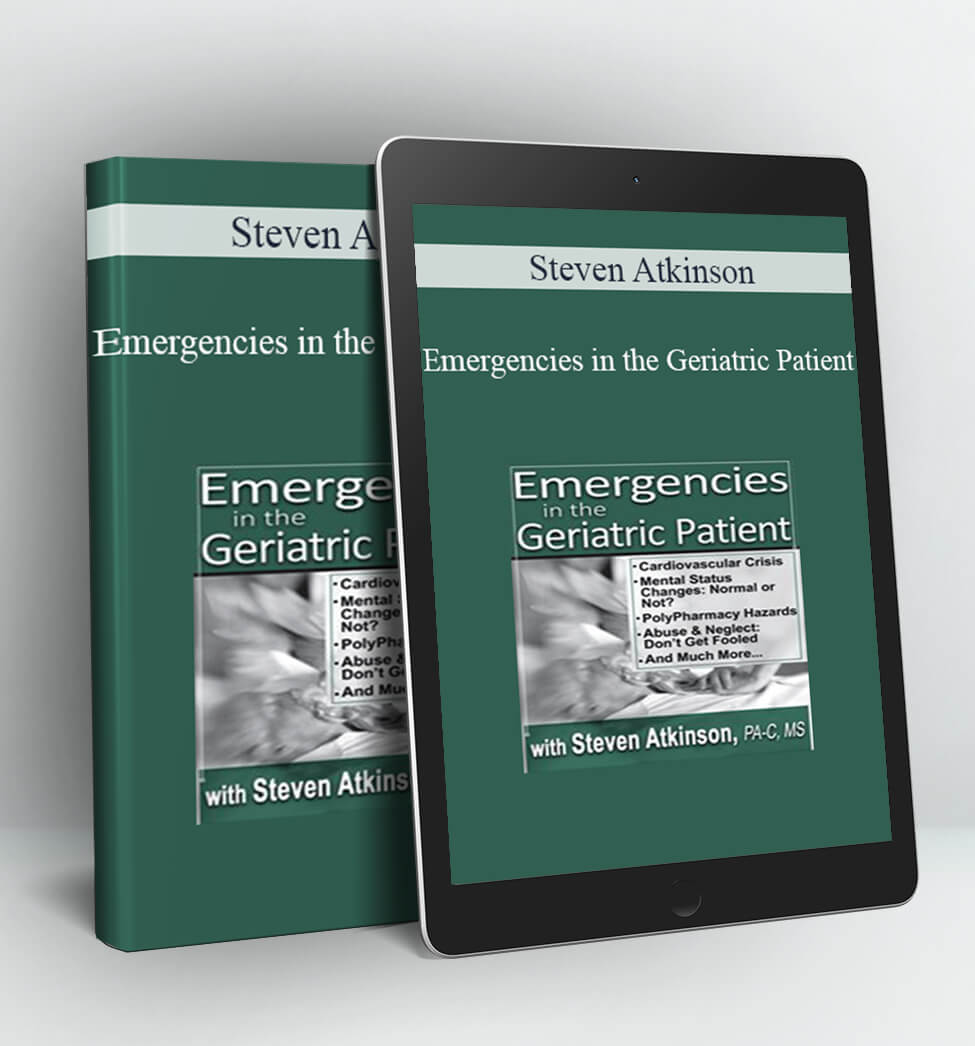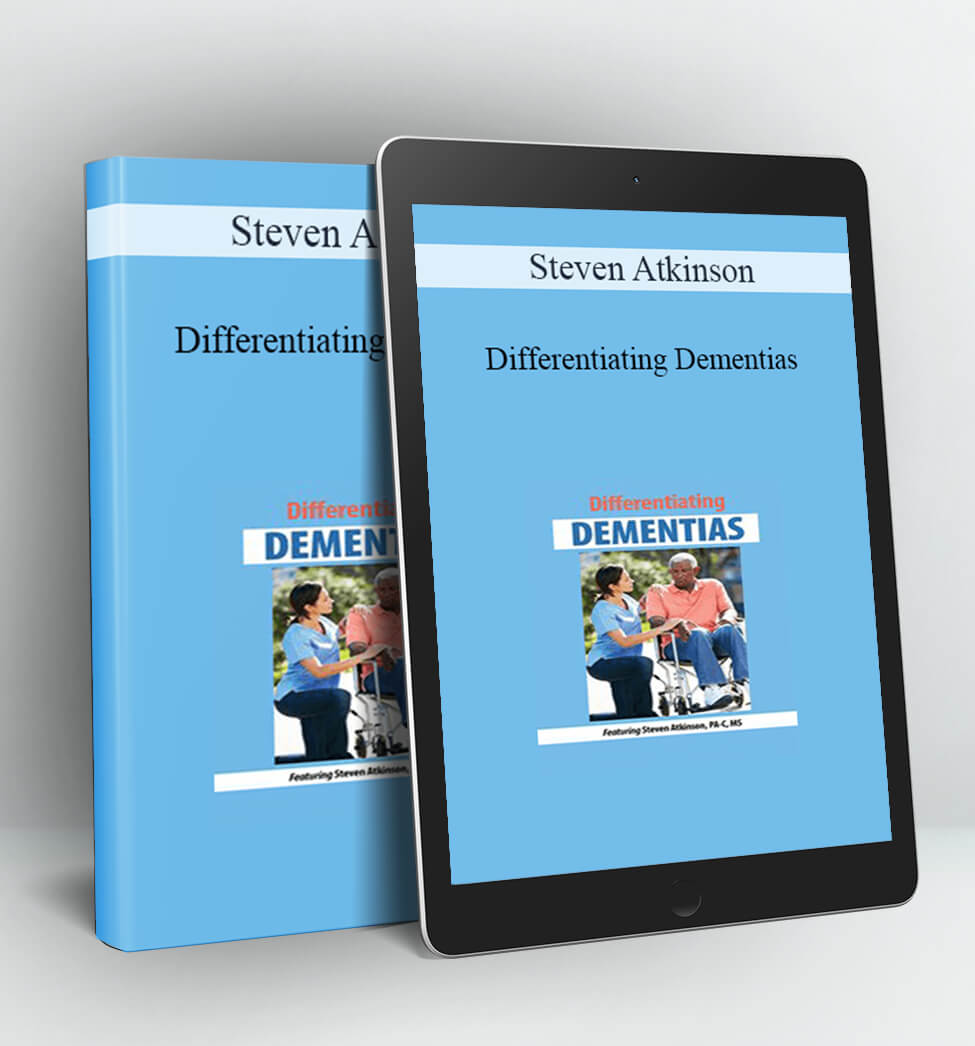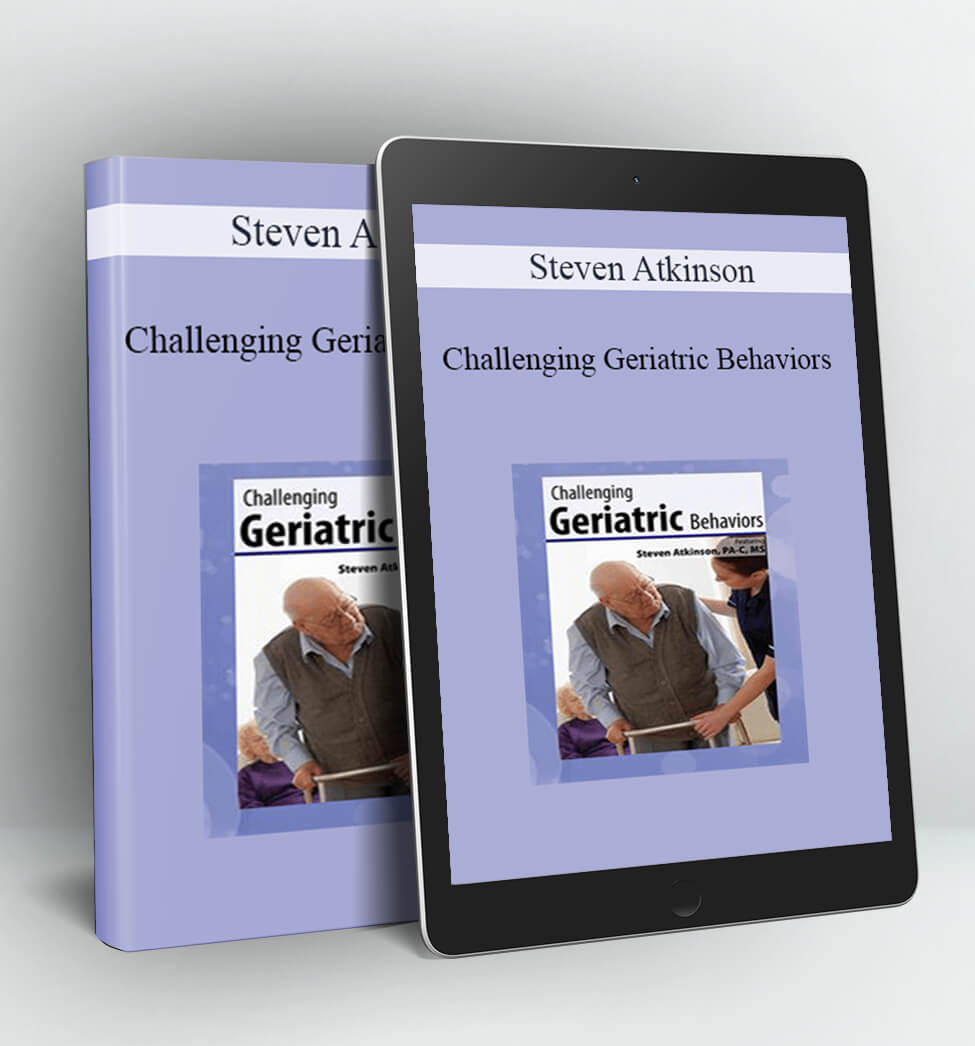2018 Geriatric Conference – Steven Atkinson
Are you keeping up with the current recommendations and guidelines?
No matter your specialty, you MUST know how to address the unique concerns of the older adults under your care. Geriatrics is a field in and of itself, but many of us haven’t had extensive training on the nuances and complexities that make treatment challenging. In this comprehensive program, geriatric expert, Steven Atkinson, PA-C, MS, will guide you through the normal and abnormal changes of the aging mind and body, providing you with the knowledge that will improve the care you provide. Steven is passionate about his work and looks forward to sharing his expertise with you. Leave with practical and insightful tips and tools you can use the next day!
- Identify complications and respond more appropriately
- Confidently and effectively communicate with patients and their families
- Provide safer and more effective care
Get Management Strategies and More for:
- Alzheimer’s Disease & Dementias
- Pain Management
- Geriatric Pharmacology
- Geriatric Emergencies
- Managing Challenging Behaviors
- Caregiver Stress & Burnout
- And Much More
DAY ONE
- Identify the signs and symptoms of Alzheimer’s disease and other dementias.
- List appropriate diagnostic tests to achieve accurate diagnosis.
- Devise interventions that are effective and promote positive communication between staff, family & the older adult.
- Apply techniques and identify strategies to avoid adverse drug events and drug disease interactions.
- Develop individualized monitoring plans for geriatric patients through the evaluation of high risk medications.
- Identify at least three new guideline recommendations related to geriatric pharmacology.
- Implement controlled substance/pain management contracts into practice.
- Recognize symptoms of controlled substance and alcohol misuse and abuse.
- Describe best practice methods for prescribing in the geriatric population.
DAY TWO
- Review strategies to diminish the occurrence of behavioral problems in individuals with dementia.
- Discuss behavioral and environmental techniques to diminish challenging behavioral problems.
- Identify how cognitive impairment in older individuals is affected by environment, caregiver schedules, and responses to the behaviors.
- Develop strategies to identify abuse and neglect.
- Distinguish etiologic and pathologic factors associated with neurological, orthopedic, abdominal, cardiovascular & pulmonary emergencies.
- Discuss the atypical presentation of the elderly and how to effectively manage comorbidities.
- Discuss how to apply age-sensitive principles for medication dosing and management to clinical scenarios.
- List key questions useful for identifying and managing polypharmacy in older adults.
DAY ONE
SESSION 1: DIFFERENTIATING DEMENTIAS
Distinguishing the various types of dementia is often difficult. This session provides tools to appropriately screen patients experiencing dementia, along with discussion of the most effective interventions to improve the care you provide.
- Normal vs. Abnormal Aging
- Types of Dementias
- Alzheimer’s Disease
- Parkinson’s Disease Dementia
- Substance-Induced Neurocognitive Disorder
- Pharmacological Management
SESSION 2: GERIATRIC PHARMACOLOGY: TOOLS FOR THE HEALTHCARE PROFESSIONAL
For geriatric patients taking more than five medications, the statistical chance of a drug drug interaction or adverse event is 100%! For those experiencing an adverse drug event, one third will require additional treatment. This session will provide straightforward tools that will help you care for older adults receiving multiple medications.
- Drug Utilization Amongst the Elderly
- Billing Codes That You MUST Know
- Clinical Pharmacological Issues in the Elderly
SESSION 3: PAIN MANAGEMENT IN THE ELDERLY
This presentation will review the different categories of controlled substances and their appropriate use in the geriatric patient. Explore special considerations and tools to aid in prescribing and managing pain in the geriatric patient.
- The Challenges Associated with Controlled Substances
- Pain Control… Is every patient’s RIGHT
DAY TWO
SESSION 1: MANAGING GERIATRIC BEHAVIORS: WANDERING, AGGRESSION, MALNUTRITION AND MORE
Behaviors such as wandering, aggression and anxiety can pose significant barriers to the delivery of essential care. Geriatric syndromes such as malnutrition, dehydration and insomnia can diminish quality of life and threaten independence. This session will explore the most frequent problematic behaviors and discuss strategies to improve the care you provide to your geriatric patients.
- Wandering
- Physical Aggression
- Inappropriate Sexual Behaviors
- Eating Issues & Nutrition in Elders with Dementia
- Sleepless Nights & Sundowning
- Professional Issues
SESSION 2: GERIATRIC EMERGENCIES
A high-energy, dynamic session filled with interesting case studies, insightful discussions and interactive learning. You will leave with practical techniques that you can apply right away – if you work with geriatric patients, you don’t want to miss this!
- Physiological Changes with Aging
- Common Underlying Chronic Illness
- Cardiovascular Emergencies
- Pulmonary Emergencies
- Cerebrovascular Emergencies
- Orthopedic Emergencies
- Abdominal Emergencies
SESSION 3: TOP TEN MEDICATIONS TO AVOID IN THE GERIATRIC PATIENT
Explore medication dosing guidelines and polypharmacy management principles to ensure safe prescribing in the geriatric patient. Review the top ten medications to avoid and alternatives that can be equally effective.
- The BEERS List
- Risks Associated with Anticholinergic Drugs
- The TOP TEN
- 5 Things Patients & Physicians Should Question

